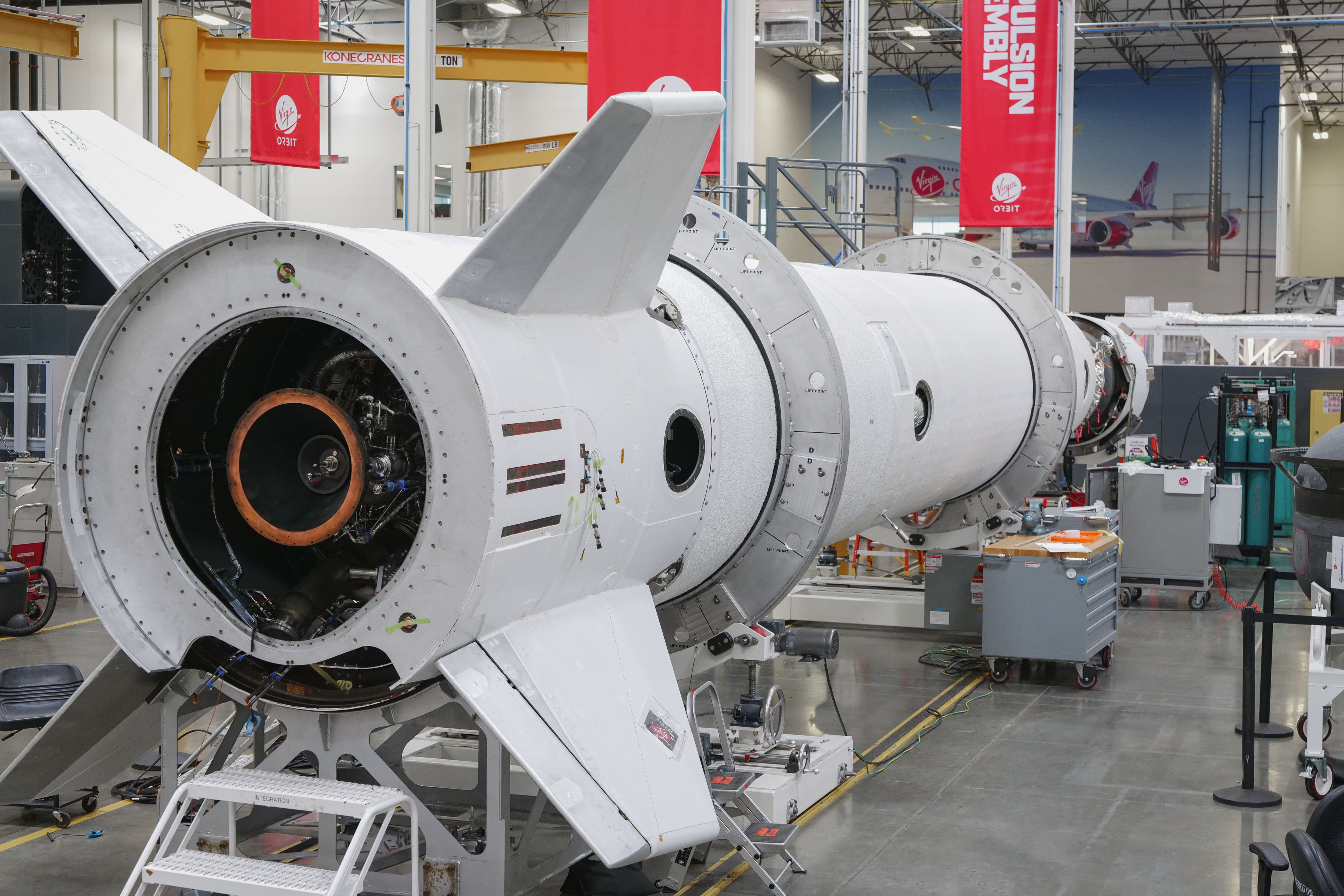Virgin Orbit, the satellite launch company owned by Richard Branson, announced that it would pause all operations from March 16, and furlough nearly all of its employees. The move comes as the company struggles to overcome financial difficulties exacerbated by a mission failure in January.
According to a source familiar with the matter, Virgin Orbit’s CEO, Dan Hart, informed staff in a meeting that the furlough was intended to provide the company with time to finalize a new investment plan. The company did not provide any details about the furlough in its statement to Reuters.
The company’s shares dropped 18.8% to 82 cents in extended trading after the announcement. The duration of the furlough is unclear, but Hart said he would update employees by the middle of next week on when they could return.

Virgin Orbit’s mission failure in January, where it failed to deploy nine small satellites into lower Earth orbit from the coastal town of Newquay in southwest England, dealt a major blow to the company’s finances. The failure also deepened its financial struggles, prompting the need for a new investment plan to revive the business.
The move by Virgin Orbit highlights the challenges facing the commercial space industry, which is highly capital intensive and faces fierce competition from established players such as SpaceX and Blue Origin. The industry’s reliance on government contracts and the high cost of launches make it a difficult market to enter and succeed in.
As Virgin Orbit seeks to recover from its setback, it remains to be seen whether it can regain its footing in the highly competitive industry and attract the necessary investment to revive its operations.
An exploration of the magnitude of the aerospace industry
The aerospace industry is a large and complex industry that encompasses a wide range of activities related to the design, development, manufacturing, testing, and operation of aircraft, spacecraft, satellites, and related systems and equipment.
The industry includes both civil and military aviation, as well as space exploration and commercial space activities.
According to a report by the Aerospace Industries Association, the aerospace and defense industry is a significant contributor to the US economy, with over 2.5 million jobs and an economic output of $374 billion in 2019.
Globally, the aerospace industry is projected to reach a market size of $585 billion by 2026, with increasing demand for air travel and technological advancements in aircraft and spacecraft design and production.
In addition to its economic impact, the aerospace industry plays a critical role in national security and defense, as well as in scientific research and space exploration. Its innovations and technologies have also contributed to advancements in areas such as communications, transportation, and environmental monitoring.






